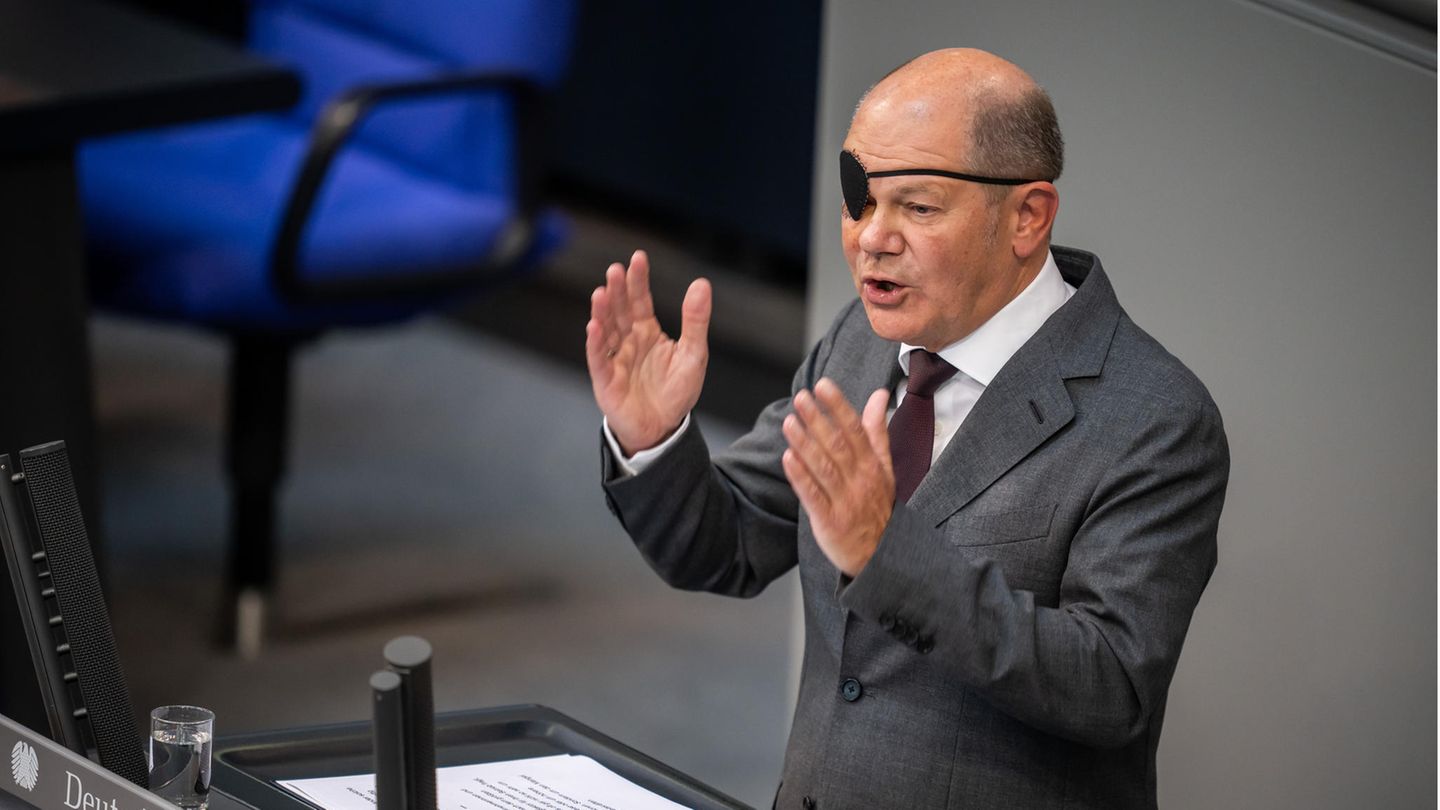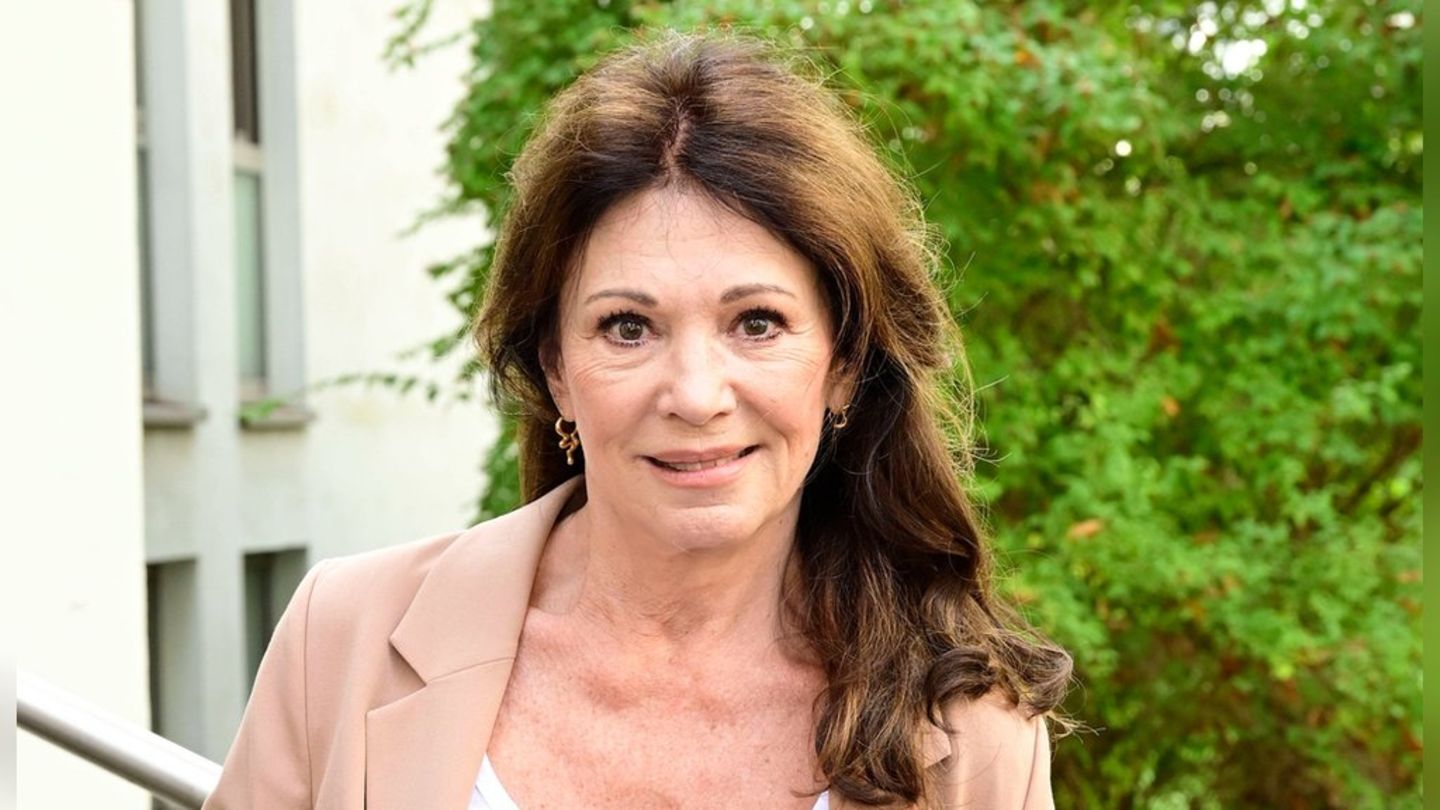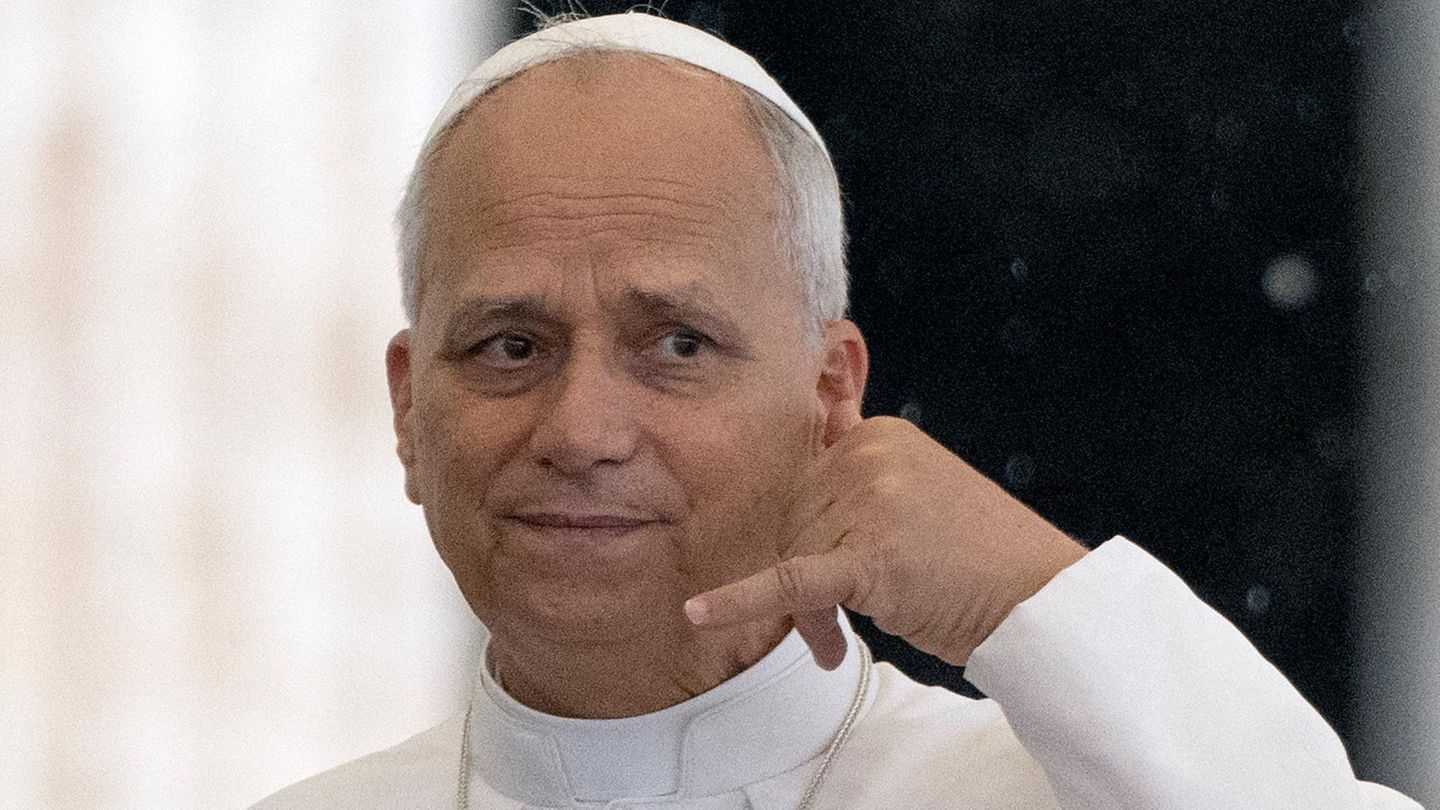At the high point of the budget week, Chancellor Scholz and opposition leader Merz fought a heated battle of words in the general debate. The five key moments from their speech battle.
1. To the good cooperation! But where is the colleague?
Friedrich Merz clearly enjoyed what he was able to observe the day before in the Bundestag – so he first does a short backward roll so that it doesn’t get lost in the long budget week: Finance Minister Christian Lindner (FDP) goes through the traffic light budget draft, the draft that was agreed upon after endless arguments and the traffic light refuses to applaud? Only from the ranks of the FDP was there applause for Lindner’s budget against “endless debt” and “structural additional spending”. He couldn’t warm the hearts of the Greens and the SPD, but he could warm the hearts of the Union. “Now there are two opposition leaders,” says Merz with thieving glee in the direction of the government bank: one in the government (Lindner), one in the opposition (Merz). “Good cooperation!”
It’s unfortunate that the new quasi-colleague doesn’t even notice the congratulations: Lindner is about 15 minutes too late. And initially little interested in Merz’s speech: When the Union faction leader rumbles against the “class struggle rhetoric” in the traffic light tax policy, Lindner still has a chat with his fellow Chancellor.
© serienlicht / Imago Images
Very close
Are you interested in politics? – and read the most important information of the week, selected for you by our Berlin political experts!
2. Merz really wants to make opposition now
It didn’t take much imagination to get a rough idea of the content of Merz’s speech: The traffic light drives Germany to the wall. What was more surprising was the sharpness with which he formulated his fundamental criticism of the government while he was presenting (his) counter-proposal. The message: The traffic light drives the country to the wall – but the Union puts it back on track.
The 18-minute cascade of criticism in fast forward: The “unloved child of the Bundeswehr” remains “structurally underfinanced”, the country “suffocates” in bureaucracy – projects such as the Building Energy Act and basic child security would take even more air. The Union would therefore stop these laws immediately. Citizens’ income ensures “that performance is no longer worthwhile”, and premature retirements must be reversed.
The traffic light’s “ban policy” has caused missed climate targets and disgruntled citizens. “If you want to damage the climate, you have to do it the same way you do!” Merz hurled at the government. At this point, the Chancellor grins, turns to his cabinet colleagues and raises his eyebrows. Did he really just say that?
In short: What the traffic light is doing “contradicts our understanding of the state,” Merz notes. At this point he doesn’t really need to say it anymore, but he does it anyway: “There is a fundamental difference between us.” For this, the Union faction leader even gets a lot of applause from the ranks of the SPD. The message from the comrades: That’s a good thing.
3. Is there already an election campaign?
After twenty minutes of constant scolding, the chancellor is finally allowed to step up to the lectern under the glass dome of the Reichstag. Scholz puts down the blue folder with the federal eagle, opens his speech manuscript – and leaves it on the side for now. First he has to take care of Merz. The chancellor has a pulse.
“They make suggestions like there’s no tomorrow!” is one of Scholz’s more polite reactions, which he freely and – by his standards – wildly gesticulates. Underfinanced Bundeswehr? The Chancellor guarantees for “2028, 29, 30, in the 30s” sufficient funds to meet NATO’s two percent target even without the special fund. Performance is no longer worth it? Scholz accuses Merz of a “strange concept of performance” that probably only begins with an annual income of 120,000 euros. Scholz considers Merz’s “most important suggestion” to increase the retirement age to be an “obsession” that will not exist with him. The SPD faction hooted with enthusiasm. Oh, and as far as the allegedly unsuccessful energy policy is concerned by phasing out nuclear and coal-fired power: “Never forget, it was you!” Scholz calls out in the direction of the Union with conviction. The traffic light applauds.
The chancellor is again in a rage, as in the general debate last year, he attests Merz with remarkable bite to be “wrong” when looking at the problems in the country. This time it sometimes seems as if Scholz is already testing potential campaign issues with which he could meet his possible competitor.
4. Scholz has an idea
Then Scholz looks again at his speech manuscript, because he now wants to make “an offer” – to the federal government, states, municipalities and the “dear” Mr. Merz: The Chancellor presents the “Germany Pact”, which will boost the economy and that “Light up the bureaucratic thicket”. Housing construction, the modernization of the railways and digitization are also to be promoted. “The citizens are tired of the standstill,” says the Chancellor. “And so am I.”
The program consists primarily of well-known reform proposals that the cabinet had already launched at their reconciliation summit at Schloss Meseberg. But of course “Germany Pact” sounds bigger and more binding. A “national effort” is needed, more “cooperation instead of strife,” says Scholz. A clever move: he appears to be forgiving, stretches out his hand to the opposition to help with his government program – and in doing so actually makes them an offer they can hardly refuse. Or is the Union not interested in reducing bureaucracy and strengthening the economy?
5. The Greens don’t feel like clapping
Scholz admits that the governing parties “have argued too much in the past few weeks” – and will know that the draft budget for 2024 is also a key bone of contention for his coalition. The basic conflict, roughly speaking: the FDP wants to keep the money together, the SPD and the Greens could also imagine investments beyond the debt brake. And the chancellor?
Try the balancing act: After three years of crisis, there is now a budget that guarantees “solid” financing without neglecting “substantial” investments. The Greens in particular are not convinced by the chancellor’s rhetorical feat: a few MPs clap dutifully, but a large part of the parliamentary group keeps their hands to themselves.
Source: Stern
I have been working in the news industry for over 6 years, first as a reporter and now as an editor. I have covered politics extensively, and my work has appeared in major newspapers and online news outlets around the world. In addition to my writing, I also contribute regularly to 24 Hours World.




